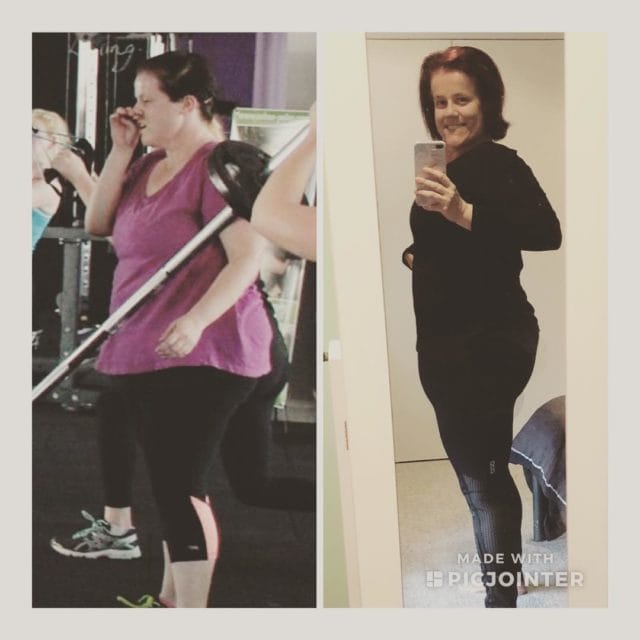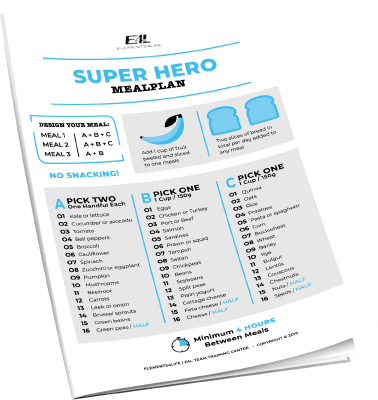Most people are Vitamin D deficient in this modern day and it is a crucial element to health and when taken in conjunction with Vitamin A, C and E you have a foundation for a longer and better life.
THE BASICS
- Did you know? Vitamin D3 is vitamin that is absorbed from the sun, has significant health benefits and also aids in the process of calcium being absorbed into the body.
- Did you know? Vitamin D2 is not absorbed from the sun; it is either taken via supplements or obtained through foods, mainly milk and vegetables.
- Did you know? Vitamin D is a fat-soluble essential vitamin and it cannot be produced in the body on its own.
It is essential for strong bones and helps the body use calcium from the diet. It is naturally present in vegetables, fish, fish liver oils and egg yolk.
Low levels of Vitamin D might/may lead to cancers, cardiovascular diseases and severe asthma in children. It is recommended that every human ensure their Vitamin D levels are very well maintained.
When the term Vitamin D is used, it describes any D-Vitamin such as D1, D2, or D3.
FYI – Vitamin D3 is the vitamin that most people are referring to when they talk about Vitamin D.
You can get Vitamin D through supplements, foods, and, of course, directly from the Sun. It takes about 10-20 minutes of direct sunlight exposure each day to provide the body with enough Vitamin D and D3.
A regular supplement program is only part of a healthy lifestyle. Therefore: Sun, beach and good food is essential.
QUESTION: Are you getting enough Vitamin D on a DAILY basis? If not, time to fix that immediately.
The body can store up to 60 days worth of Vitamin D in the body however generally most people are deficient due to their toxic western lifestyle.
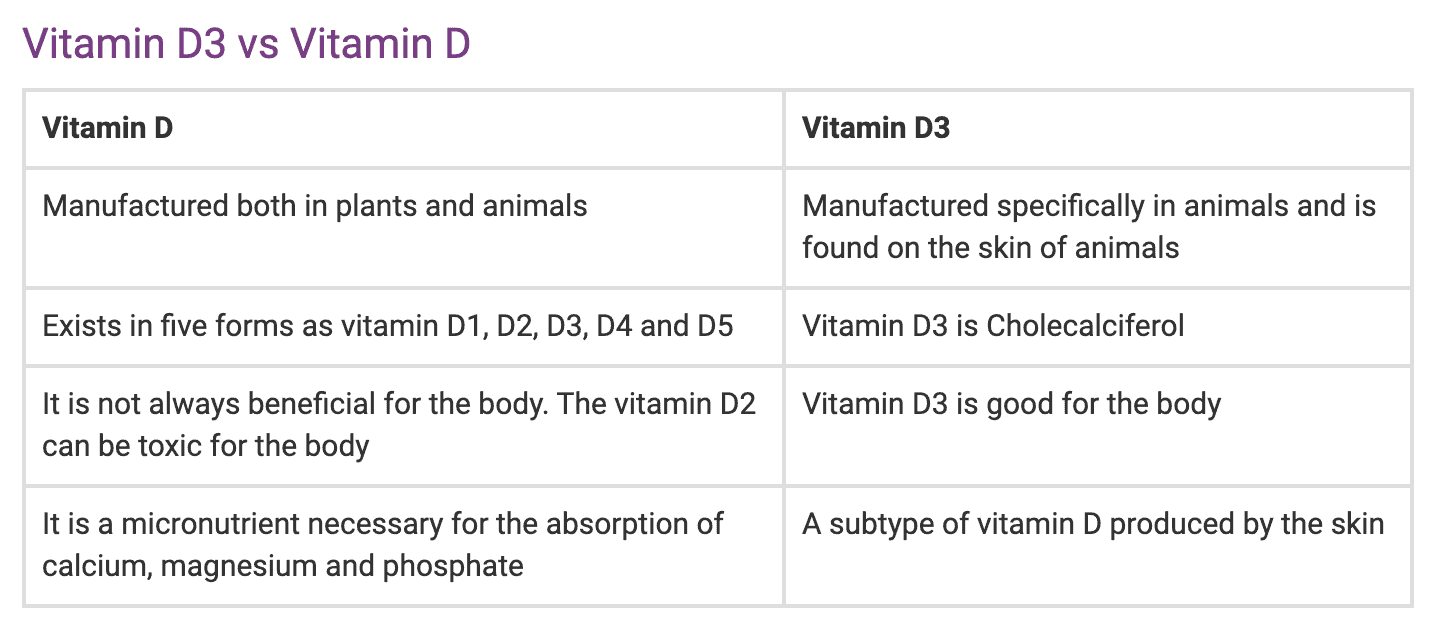
What Specifically Is Vitamin D3?
Vitamin D3 is also called cholecalciferol and is not a real vitamin. Vitamin D3 is a secosteroid.
A secosteroid is actually a steroid. The four rings that combine to complete a steroid are broken in a secosteroid, so you don’t get any of the benefits or pitfalls associated with steroids. Damn!
While Vitamin D3 is stored in the fat of the human body, it is metabolised by the liver.
What Is Vitamin D2?
Vitamin D2, just like D3, is not a vitamin but rather a secosteroid. The scientific name for vitamin D2 is ergocalciferol and it is a synthetic calcium regulator. Vitamin D3 is a natural calcium regulator.
Vitamin D2 and Vitamin D3 are not interchangeable. however Vitamin D3 provides everything that Vitamin D2 does and more.
Vitamin D supplements v’s natural intake?
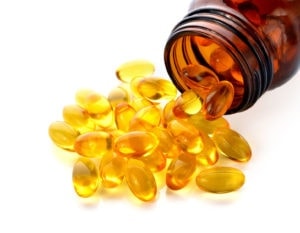
Getting Vitamin D naturally is far better for you than taking supplements and it has noting to do with the efficacy of the supplement. In the case of Vitamin D, it is possible to take too much, which can lead to certain toxicities.
However, when Vitamin D is absorbed in the body from through the skin, it is not possible for you to overdose. The skin simply stops absorbing the vitamins when there is enough stored in the body. After that, you are just getting exposure to the sun.
It is important to note that synthesising Vitamin D from the sun requires direct sunlight. You cannot wear sunscreen and it doesn’t work through glass. Be mindful. You need to be outside and let your skin get some exposure.
ADDITIONAL INFORMATION:
Vitamin D: Maintains normal blood levels of calcium and phosphorus
• Promotes bone mineralization
• May reduce high blood pressure
• Helps build strong bones
What is Vitamin D?
Vitamin D, calciferol, is a fat-soluble vitamin. It is known as the “sunshine” vitamin because it is formed in the body by the action of the sun’s ultraviolet rays on the skin. Vitamin D is converted in the kidneys to the hormone calcitrol, which is actually the most active form of vitamin D. The effects of this hormone are targeted at the intestines and bones.
Vitamin D requirements increase with age, while the ability of skin to convert sunlight into Vitamin D decreases. In addition the ability of the kidneys to convert calcidiol to its active form also decreases with age, prompting the need for increased Vitamin D supplementation in elderly individuals. One billion people in the world are currently Vitamin D deficient.
What does Vitamin D do?
The major biologic function of vitamin D is to maintain normal blood levels of calcium and phosphorus. Vitamin D aids in the absorption of calcium, thereby helping to form and maintain strong bones. It promotes bone mineralization in conjunction with a number of other vitamins, minerals, and hormones. Without vitamin D, bones can become thin, brittle, soft, or misshapen. Vitamin D prevents rickets in children and osteomalacia in adults, which are skeletal diseases that result in defects that weaken bones.
Cardiovascular: Research indicates that vitamin D may play a role in preventing or reversing coronary disease. Vitamin D deficiency is associated with an increase in high blood pressure and cardiovascular risk. When researchers monitored the vitamin D levels, blood pressure and other cardiovascular risk factors of 1739 people, of an average age of 59 years for 5 years, they found that those people with low levels of vitamin D had a 62% higher risk of a cardiovascular event than those with normal vitamin D levels.
What are signs of Vitamin D deficiency?
The use of sunscreen with a sun protection factor (SPF) of 8 inhibits more than 95% of vitamin D production in the skin. To avoid vitamin D deficiency dermatologists recommend supplementation along with sunscreen use.
The reduced pigmentation of light-skinned individuals tends to allow more sunlight to be absorbed even at higher latitudes, thereby reducing the risk of vitamin D deficiency. However, at higher latitudes (above 30°) during the winter months, the decreased angle of the sun’s rays, reduced daylight hours, protective clothing during cold weather, and fewer hours of outside activity, diminish absorption of sunlight and the production of vitamin D. Because melanin acts like a sun-block, prolonging the time required to generate vitamin D, dark-skinned individuals, in particular, may require extra vitamin D to avoid deficiency at higher latitudes.
Vitamin D deficiency can result from inadequate intake coupled with inadequate sunlight exposure, disorders that limit its absorption, conditions that impair conversion of vitamin D into active metabolites, such as liver or kidney disorders, or, rarely, by a number of hereditary disorders. Deficiency results in impaired bone mineralization, and leads to bone softening diseases, rickets in children and osteomalacia in adults, and possibly contributes to osteoporosis.
Warnings:
• The risk of overdose is not present with natural exposure to sunlight, because the skin’s capacity to produce vitamin D is self-limiting (skin production is thought to reflect the dose of vitamin D to which our evolution optimised human biology). In contrast, care should be given to limit oral intake for infants to no more than 1000 IU (25 mcg) daily, or for adults no more than 10,000 IU (250 mcg) daily.
• If you are pregnant or lactating consult a health care practitioner before using Vitamins D.
• Occasional side effects reported with large doses of Vitamin D include a disorder known as hypercalcemia, which causes calcium deposits in soft tissues. Signs of the disorder include headache, weakness, nausea, vomiting, confusion, kidney problems and constipation. Consult a health care practitioner if you experience any of these symptoms while taking Vitamin D.
Information courtesy of Biovea.
ARTICLE: Why is Vitamin D Important?
Elements4Life has a holistic outlook to living and lifestyle and hopes people embrace a more connected life away from the toxic western influences of the modern world. A focus on cellular health and a harmonious biological environment.
Please email us for membership details or to organise a gym tour with a lifestyle and fitness coach – getstarted@elements4life.com.au
Read Heavy Metal Detoxification Article HERE.
SOURCE 1: Coach Sebastian
Source 2
Source 3




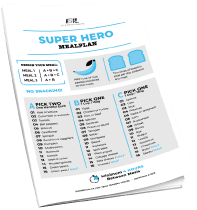






 ‘Service’ defined as ‘the action of helping or doing work for someone’ - the service that Elements 4 Life provides goes beyond this. The coaches are genuine, their approach to training is exciting and progressive, you will be supported and challenged to be the best version of yourself – mind and body. Then there’s the amazing people, our E4L community, this is what makes the gym so unique to all the other gyms I’ve been a member of.
‘Service’ defined as ‘the action of helping or doing work for someone’ - the service that Elements 4 Life provides goes beyond this. The coaches are genuine, their approach to training is exciting and progressive, you will be supported and challenged to be the best version of yourself – mind and body. Then there’s the amazing people, our E4L community, this is what makes the gym so unique to all the other gyms I’ve been a member of. 

